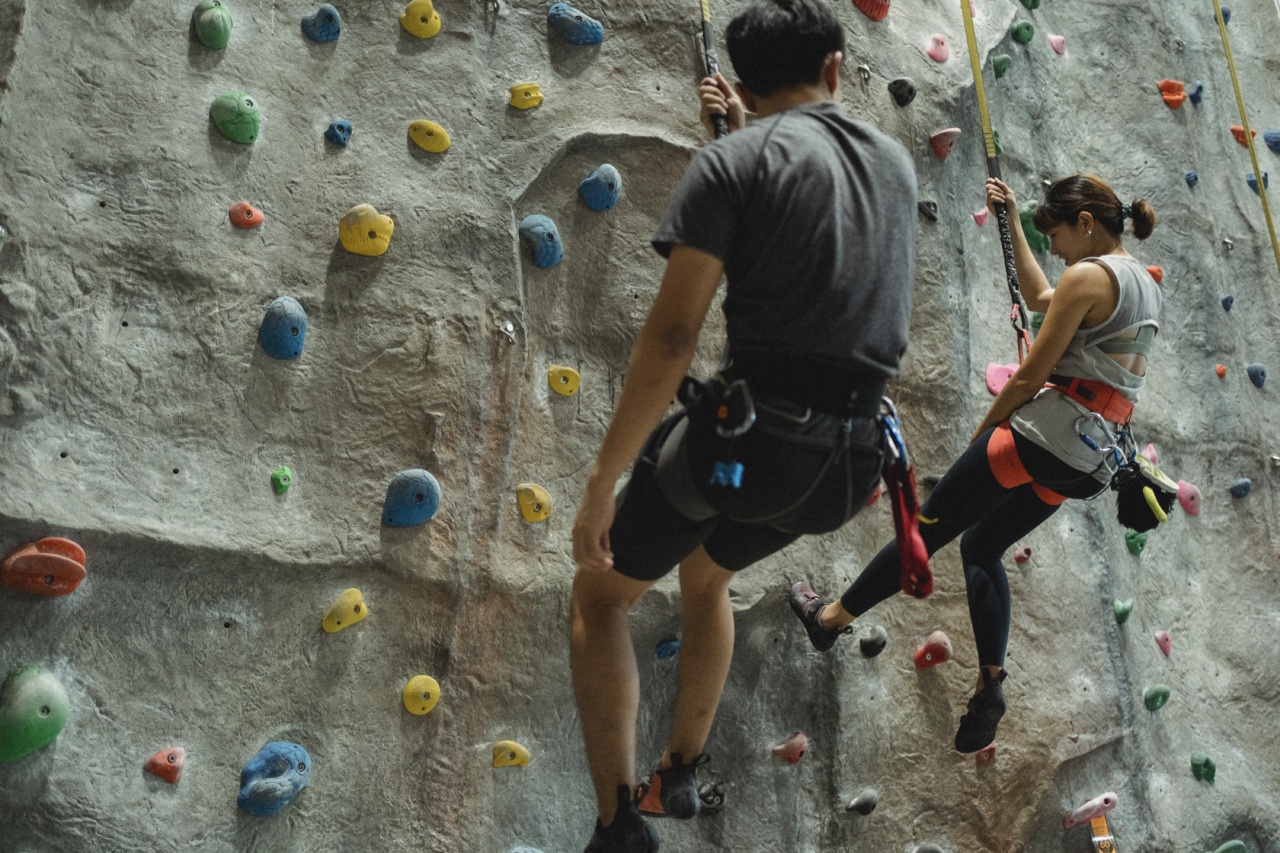Exercise is an important aspect of maintaining a healthy lifestyle. It helps in controlling weight, preventing diseases, building stronger muscles and bones, and improving overall mental health.
However, there are times when we feel excessively tired and the thought of exercising becomes daunting. In such situations, the question arises – is it okay to skip exercise when we are tired?.
The importance of rest and recovery
Rest and recovery are essential components of any exercise routine. Our bodies need time to repair and rebuild muscles and tissues after any physical activity.
Skipping exercise when we are tired can be a way to give our bodies the rest they need, especially if we have been pushing ourselves too hard. Rest days allow our muscles to repair and strengthen, reducing the risk of injury and improving performance in subsequent workouts.
Listening to our bodies
It is important to listen to our bodies and be aware of how we feel. If we are exceptionally tired, pushing ourselves to exercise may not be beneficial and can even be counterproductive.
Overtraining can lead to exhaustion, decreased immune function, and an increased risk of injury. By skipping exercise when we are truly tired, we can avoid these negative consequences and allow our bodies to recover naturally.
Differentiating between tiredness and laziness
It is crucial to differentiate between genuine tiredness and laziness. While tiredness is a legitimate reason to skip exercise, laziness is not. Sometimes, we may use tiredness as an excuse to avoid physical activity.
In such cases, it is important to assess our motivation and understand whether we genuinely need rest or if we are simply looking for an excuse to be lazy. Being honest with ourselves is essential for maintaining a consistent exercise routine.
Alternative activities on tired days
On days when we are too tired for our usual exercise routine, it doesn’t mean we have to completely forego physical activity. There are plenty of alternative activities that can be done to stay active without overexertion.
Going for a leisurely walk, doing some gentle stretches, or practicing yoga can provide a great way to move our bodies and relieve tiredness without pushing ourselves too hard.
Adjusting the intensity and duration of exercise
Another option for dealing with tiredness is to adjust the intensity and duration of our exercise. If we usually engage in high-intensity workouts, opting for a lower intensity routine on tired days can be beneficial.
It allows us to keep our bodies moving while reducing the strain on muscles and joints. Similarly, we can shorten the duration of our workout to give our bodies the rest they need. These adjustments can help strike a balance between staying active and allowing adequate time for recovery.
Maintaining consistency and discipline
While it is important to listen to our bodies and rest when needed, it is equally critical to maintain consistency and discipline in our exercise routine.
Skipping exercise once in a while due to tiredness is understandable, but making a habit out of it can hinder progress towards fitness goals. It is essential to find the right balance between rest and activity and develop a habit of consistent exercise for optimal health benefits.
Seeking professional guidance
When in doubt about whether to skip exercise when tired, seeking professional guidance can be helpful.
Consulting a personal trainer, fitness instructor, or healthcare provider can provide valuable insights tailored to our specific needs and circumstances. They can help create a personalized exercise plan that considers our energy levels, goals, and overall health, ensuring we make informed decisions about exercise on tired days.
Considering the big picture
When deciding whether to skip exercise or not, it is important to consider the big picture. One or two days of rest due to tiredness may not have a significant impact on our overall fitness journey.
However, prolonged and frequent breaks from exercise can hinder progress and make it harder to regain momentum. It is essential to evaluate our energy levels, determine if rest is genuinely needed, and make mindful decisions that align with our long-term goals and well-being.
In conclusion
While exercise is crucial for maintaining a healthy lifestyle, it is okay to skip it when we are genuinely tired. Rest and recovery are vital for allowing our bodies to repair and rebuild after physical activity.
It is important to differentiate between tiredness and laziness, listen to our bodies, and adjust the intensity and duration of exercise when needed. However, maintaining consistency and finding a balance between rest and activity is key. Seeking professional guidance can provide personalized advice, and considering the big picture helps us make mindful decisions about exercise on tired days.































